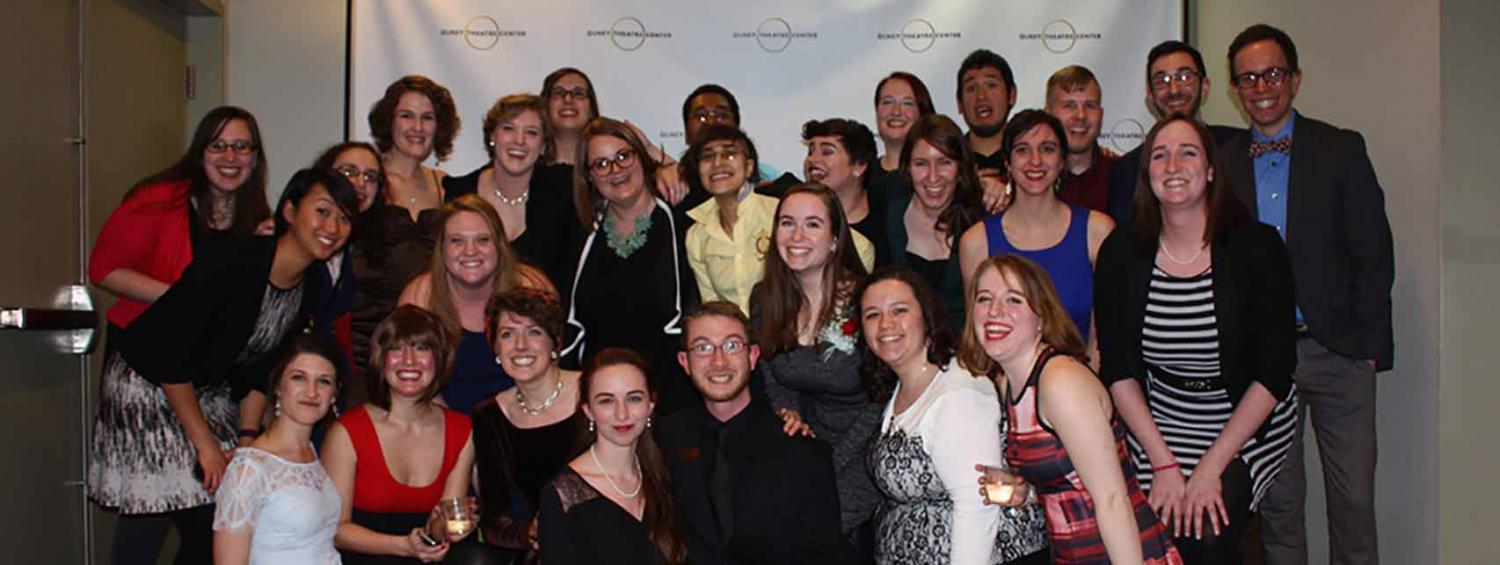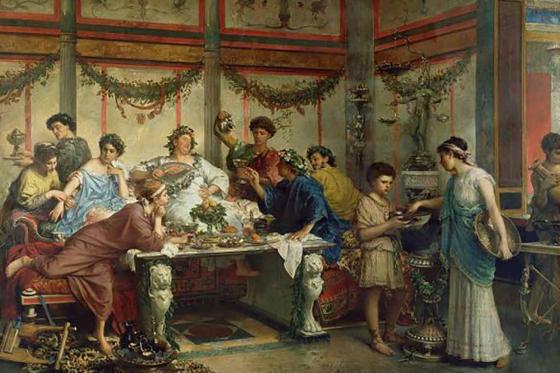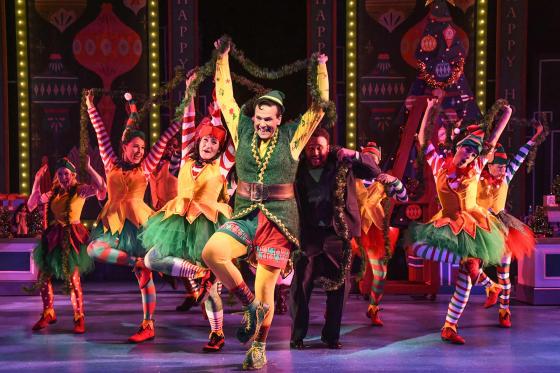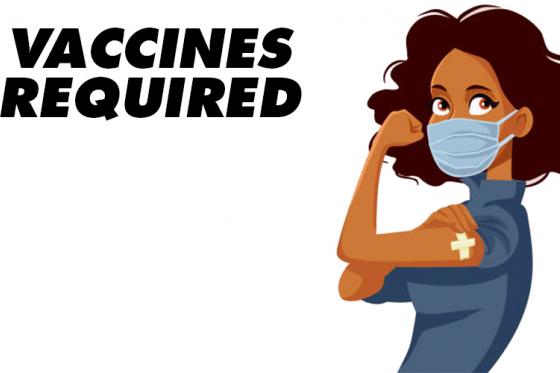For decades Olney Theater Center has trained early-career theatre artists and technicians. Initially, the young folks who lived and worked here were interns. After Jason Loewith and I arrived we transformed the program into an Apprenticeship, one that focuses on mentorship and instruction, as well as on the job training. One of the joys of this job is seeing alumni of our program take on full-time jobs here.
I recently sat down with a few of our staff members who lived and worked here as Apprentice and Interns.
Sam Brewer, Associate Master Electrician, former Electric Intern for 2011/2012
Fred T. Paul, General Manager, former Production Management intern for 11/12
Samantha Williams, Company Manager, former Company/Production Management Apprentice 17/18
Kristina Erwin, Assistant Director of Marketing, former Marketing and Development Apprentice 14/15
Jenna Duncan, Associate Artistic Director and Casting Director, Artistic and Casting Apprentice 13/14
jkj: To the interns: how do you compare what you did verses what is happening now?
Fred: There were a lot fewer shows. We only did 6 per season.
Sam: There were also only 12 of us. And, in my case, as an electrics intern, I also built the sets. So somehow we built the sets during the day. And also hung lights and focused them. And then ran the shows. Plus we did a lot of painting because there was still only one scenic painter.
Fred: I also painted. So yes, we’ve increased our staff size.
Sam: And my current position didn’t exist at the time.
jkj: What was memorable about your time as an intern?
Fred: Well we did our own show. The dramaturgy and education intern had the idea for our class to produce our own show. So he adapted Little Red Riding Hood into a play. He wrote it, we all took different roles, we raised money...
Sam: We paid the actors.
Fred: And we turned a profit. We made $10,000 in ticket sales.
jkj: So because there were less shows happening in the season, there was space in the calendar for you all to put the focus into that.
Fred: Yes, we did it in the Historic. And we did it during off hours.
Sam: Some of us had multiple roles. Like Nick and I -- Nick being the other Electrics Intern-- co lighting designed it. But I did the sound design also.
jkj: I think that’s where we got the idea to do capstone projects. I was directing for National Players at the time, I believe Tour 63. I saw what you all were doing, and when I ultimately took over the program, Jason Loewith and I wanted to figure out how to formalize a kind of capstone experience for each of the apprentices.
Samantha and Kristina, did you have something you were able to identify as a capstone during your years?
Samantha: Yes, I did three. My position folded a lot of things in last year, and I wanted to get the most out of it. I did a production management capstone where I assisted Dennis in production managing Every Brilliant Thing, one of the lab shows. For the company management side of it, I headed up CoMa for The Hypocrites, a company in residence. I was also able to go to the Southeastern Theatre Conference and help with the recruitment for the next class of apprentices.
Kristina: My capstone was the Gala. I actually extended my apprenticeship for three months in order to do it. It was my very last day and then I went and worked for another company the next day.
We’ve been joined by our Patron Services Manager, Julie Via. Julie, what was your internship?
Julie: It was 96/97 and I think it was 9 months long. My internship was in the costume shop doing wardrobe, costumes and wigs. I worked in the shop during the day and then worked all of the shows. And we didn’t have the mainstage. And the lab did not exist as well. So all of the shows were produced in the Historic, which we called the Mainstage.
How did the internship/apprenticeship help prepare you for life in the theatre?
Sam: My education just gave me a very basic understanding of lights. So I learned a lot during my year, and the connections I made here 100% helped me get other apprenticeships around the country to then get me real paid jobs around the country, which then got me back to DC working at Shakespeare, and then back here.
Julie: Yes, the networking and the access to the professionals.
Fred: It definitely gave me a good base for my current job. It was my introduction to regional theatre. I had done summer stock but that’s totally different.
Sam: Yeah, I didn’t do any professional theatre stock during school. Some people work out professional theatres over the summer, but my school didn’t really teach me the value of that. So this internship really skyrocketed my career in the direction I wanted it to go.
Samantha: Getting to watch the prep you do come to fruition is really satisfying and something you don’t really get at summer stock. It’s nice to see the continuity of a project and how it doesn’t just end after a show closes.
Kristina: Well you’re really treated as a staff member. It acted as an entry level job that prepared me for entry level jobs at other theatres. And there is enough flexibility in the apprenticeship that you can really make it fit your own goals.
Julie: I had worked several jobs before I got to Olney. But I really wanted to work in theatre. I didn’t end up in costumes but the internship was a branching off point and I became an equity stage manager for several years after that.
What advice would you give to someone who is thinking about applying for this apprenticeship?
Kristina: My college didn’t have any classes on theatre management or marketing or even stage management when I was there. So just because you haven’t taken a class on it in college doesn’t mean you can’t have the interest or drive to apply.
Sam: It’s not an “easy in” to the industry or the DC area. You have to want it and you have to care. Regional theatre is so different from college or summer stock. And nothing can prepare you for it quite like an apprenticeship.
Julie: It’s hard to break in. So if you have the chance to do it, you are given a yearlong job interview.
Samantha: Focus on selling your skills rather than your resume. Focus on what you hope to learn. Be prepared to work really hard for a year.
Jenna: It’s a scary question to think about where you want to be in 5 or 10 years. But think about that because it’s a really helpful question for us to gauge what this apprenticeship would be gearing you towards.
Fred: Be ready for communal living. It’s definitely an experience. But it was really great to have a group of people that I was going through this experience with. I showed up and had eleven friends already. My housemate now was my roommate at Olney.
jkj: Jenna has just joined us. Could you introduce yourself?
Jenna: I was the Artistic and Casting apprentice in 13/14. And now I am the Associate Artistic Director/Casting Director.
Kristina: Jenna gave me a tour of campus when I was applying to be an apprentice!
Samantha: And your position didn’t exist when you were an apprentice.
Jenna: Oh yeah. I didn’t have me. I was me. But a more hectic version.







